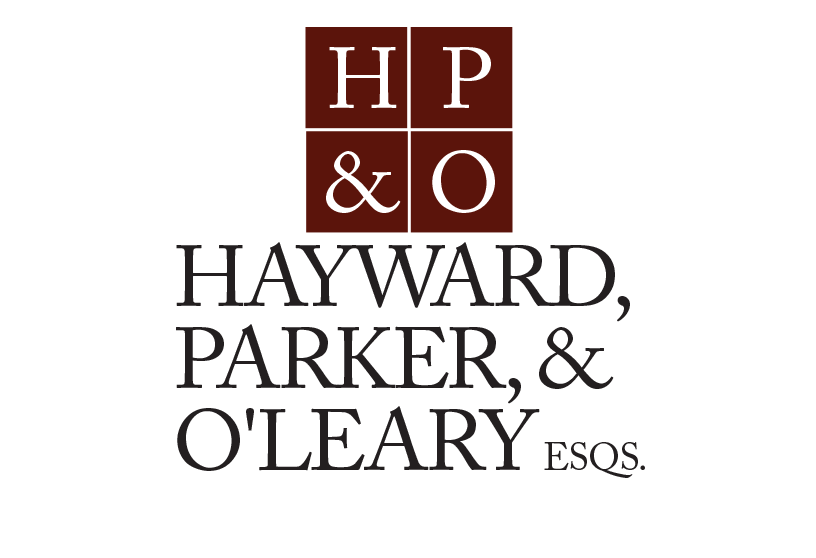Newburgh Area Lawyers Examine Sole Proprietorship Issues in New York Bankruptcy
A sole proprietorship is commonly referred to as a “DBA”, since the person operating it is usually doing business as (hence, “DBA”) or under a fictitious name. If John Smith is operating “John’s Widget Store”, in legal matters the business operation is referred to as “John Smith DBA John’s Widget Store”. As the proprietor and the business are one and the same, the DBA business cannot file bankruptcy itself, in its own name. Rather, only the individual proprietor can file bankruptcy for the DBA business, with the filing entity (referred to as the “debtor”) being “John Smith DBA John’s Widget Store” (hereafter referred to as the “DBA Filing”).
A sole proprietorship is entitled to file a bankruptcy case under both Chapter 7 and Chapter 13, and can receive a Discharge under either Chapter. A sole proprietorship can also file a case under Chapter 11.
In a DBA Filing, the Chapter 7 Trustee administers the non-exempt assets of both the individual proprietor and the business, and also looks into and examines the recent financial dealings and affairs of both. This can cause a problem for the individual proprietor not only if he has substantial non-exempt assets, but also if he has recently engaged in fraudulent transfers of assets and/or made preferential payments to creditors. Since the Trustee is duty bound to (1) liquidate (i.e. sell, or otherwise reduce to cash) non-exempt assets and (2) set aside fraudulent transfers and preferential payments and recover the value thereof, the desire and perceived need of a sole proprietor to obtain a Discharge of his business debts via a DBA Filing can have unintended consequences for assets and activities seemingly unrelated to the small business and its operation.
It should be noted that the assets of many “Mom and Pop” DBA Filings do not lend themselves to liquidation by a Trustee, particularly when a personal services-type business (i.e. consulting, or installation and repairs) is involved, since the business “assets” of these entities usually consist primarily of the individual proprietor’s skill, knowledge and contacts in a particular field. A sole proprietor can remain in business after a DBA Filing, as the Trustee cannot prohibit him from earning a living, but the assets of the debtor (the individual and the business) can only be used by the debtor if said assets are (1) exempt property, (2) abandoned by the Trustee or (3) purchased from the Trustee by the debtor.
If a Chapter 7 DBA Filing will result in unacceptable collateral damage to the individual proprietor or his assets, said individual can file a Chapter 13 bankruptcy, providing the debt limitations of such a filing are met.
